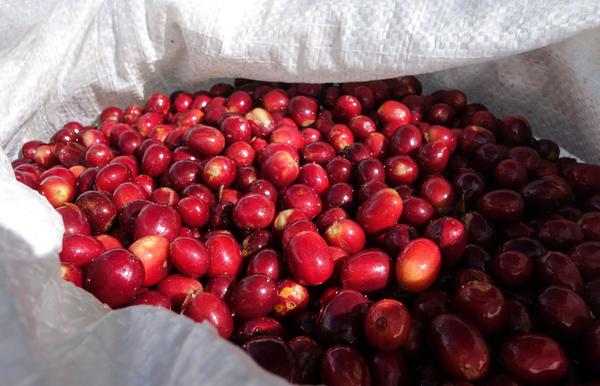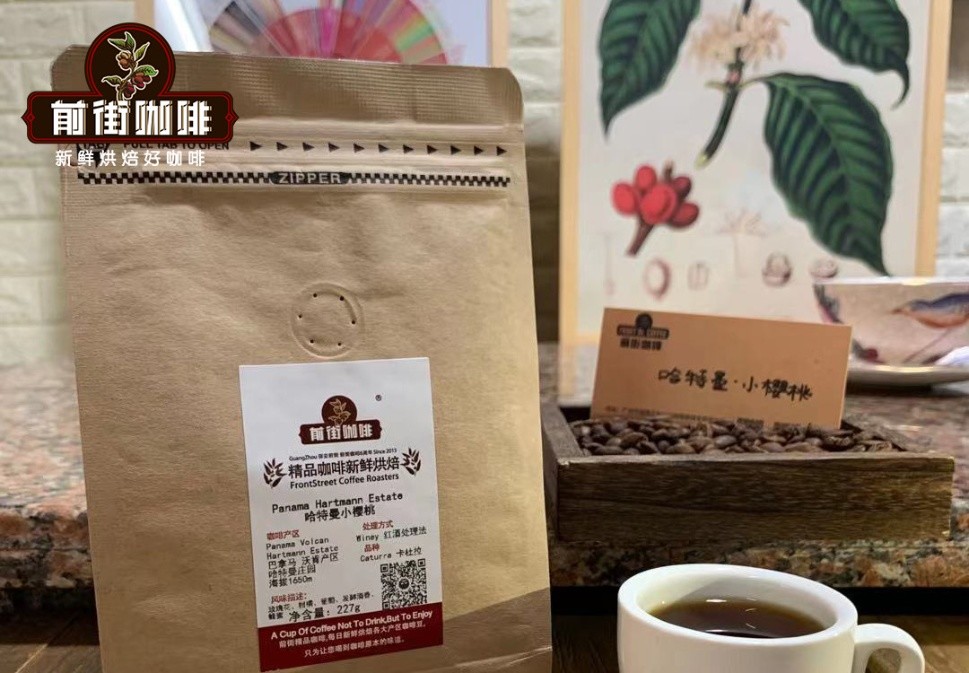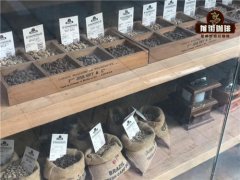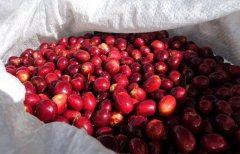Characteristics of slow drying tanned wine with rose summer flavor of Hartmann Manor in Panama?
Slow drying in Rose Summer of Hartmann Manor in Panama
Production area: Ojo de Agua & Palo Verde
Planting altitude: 1400-2000 m
Species: geisha
Type of soil: volcanic soil
Grading standard: SHB
Treatment method: slow drying and sun treatment
Harvesting method: manual harvesting
Related certification: friendly birds
The manor was founded in: 1912
Planting area: 16 ha
Manor size: 110 hectares
Average annual temperature / rainfall: 20 ℃ / 2500-3000 mm
Gold baking
Dry fragrance: berries, cranberries, cherries, grape fudge
Wet fragrance: cocoa, blueberries, flowers, bergamot, black tea
Sipping: jackfruit, pineapple, passion fruit, tropical fruit, fermented wine, high sweetness, balanced flavor

Slow drying treatment:
With regard to the slow drying method, Qianjie gives the following explanation:
Generally, the fruits of coffee are mainly exposed to the sun for two to three weeks. The slow drying method is to prolong the drying time of the fruit in the sun, which has the best air convection and relatively dry environment compared with other treatments, and must match the climate, but the disadvantage is that the time is longer, but the sweet fruit is better and more uniform in flavor development and less easy to deteriorate in storage. This treatment can bring out a rich fruit aroma and a thick and smooth taste.

Hartman also has the treatment of black wine, which starts with very ripe cherries, picked later than usual, and then dried on an elevated bed, with the flesh still intact. The result is incredibly complex, juicy, fruity coffee with delicate floral aromas and a sweet finish. This method of treatment is generally used in a variety of Kaddura and iron pickup coffee. The coffee is roasted lightly with aromas of guava, blueberry jam and honey, full-bodied and juicy. It has medium acidity. It gives an aftertaste of fudge, dried fruit, melon, apricot, malt and wine.
Of course, in addition to these special treatments, the Hartmann family will also be a traditional treatment such as the rose summer variety or produced by trees of the Hartmann family's rare plant variety Gesha (also known as Geisha) from Ethiopia. With its generally elongated coffee beans and its unique floral aroma and crispness, usually chocolate cups, the Gesha variety continues to be one of the most unique coffees in the world. This is a dry process or "natural" grill, which means that the coffee beans are dried inside the fruit, not after the fruit has been removed, just like wet processing or "washed" coffee.
The flavor measured by the cup is also very rich and is produced by trees of the Hartmann family of rare plant species Gesha (also known as Geisha) from Ethiopia. With its generally elongated coffee beans and its unique floral aroma and crispness, usually chocolate cups, the Gesha variety continues to be one of the most unique coffees in the world. This is a dry process or "natural" grill, which means that the coffee beans are dried inside the fruit, not after the fruit has been removed, just like wet processing or "washed" coffee.
Important Notice :
前街咖啡 FrontStreet Coffee has moved to new addredd:
FrontStreet Coffee Address: 315,Donghua East Road,GuangZhou
Tel:020 38364473
- Prev

Yunnan Sunshine Katim Coffee beans Flavor characteristics and how to flush? The main coffee growing areas in China?
The typical layout of coffee farms in southwestern Yunnan is 5000 coffee trees per hectare, growing in a sunny plantation style. Catimor is the preferred variety for farmers in the region and has been selected for its low susceptibility to disease and higher and faster yields. Farmers use washing and harvesting methods, which in recent years have included mechanical mucus removers. For a long time, Yunnan, with its fertile plateau,
- Next

Kenya Mulanganieri and other coffee producing areas Sika Asalia Starbucks Kenyan coffee bean flavor
Although coffee cultivation in Kenya started relatively late, the industry has gained and maintained an impressive reputation. Since the beginning of production, Kenyan coffee has been recognized for its high quality, careful preparation and exquisite flavor. Position in world production: # 18 average annual output: 800000 (60 kg bags) Common Arabica varieties: SL28, SL34, K7,
Related
- Detailed explanation of Jadeite planting Land in Panamanian Jadeite Manor introduction to the grading system of Jadeite competitive bidding, Red bid, Green bid and Rose Summer
- Story of Coffee planting in Brenka region of Costa Rica Stonehenge Manor anaerobic heavy honey treatment of flavor mouth
- What's on the barrel of Blue Mountain Coffee beans?
- Can American coffee also pull flowers? How to use hot American style to pull out a good-looking pattern?
- Can you make a cold extract with coffee beans? What is the right proportion for cold-extracted coffee formula?
- Indonesian PWN Gold Mandrine Coffee Origin Features Flavor How to Chong? Mandolin coffee is American.
- A brief introduction to the flavor characteristics of Brazilian yellow bourbon coffee beans
- What is the effect of different water quality on the flavor of cold-extracted coffee? What kind of water is best for brewing coffee?
- Why do you think of Rose Summer whenever you mention Panamanian coffee?
- Introduction to the characteristics of authentic blue mountain coffee bean producing areas? What is the CIB Coffee Authority in Jamaica?

